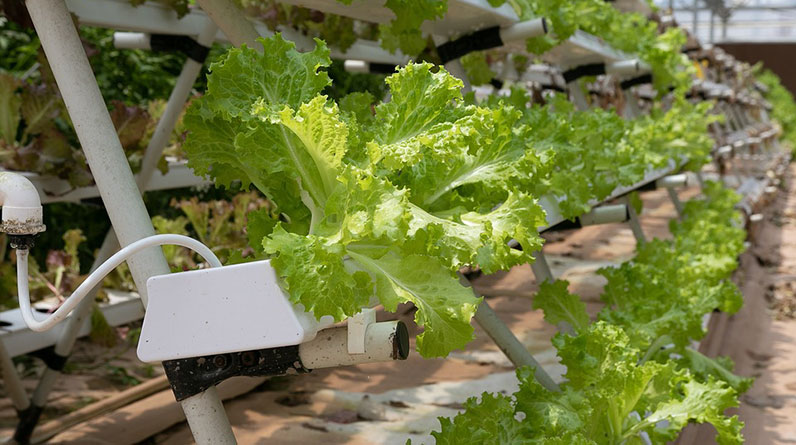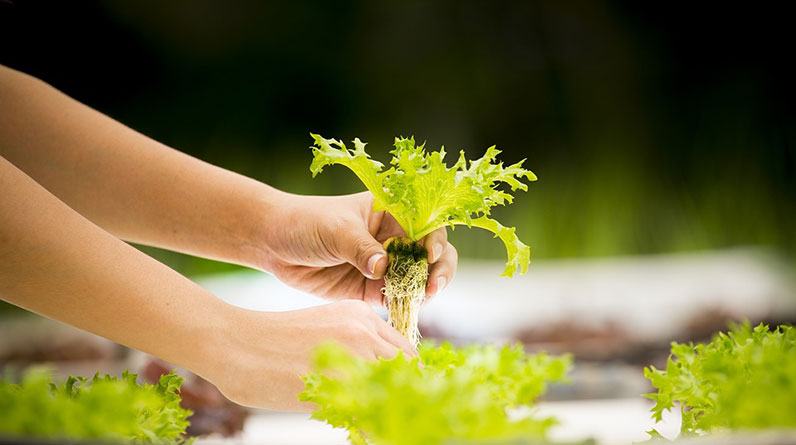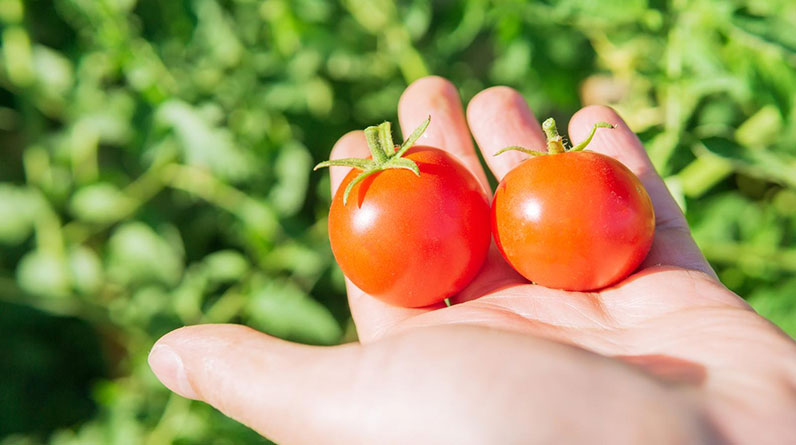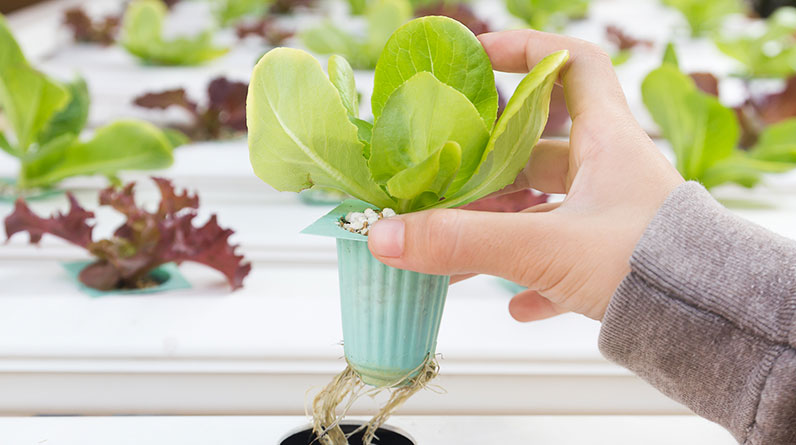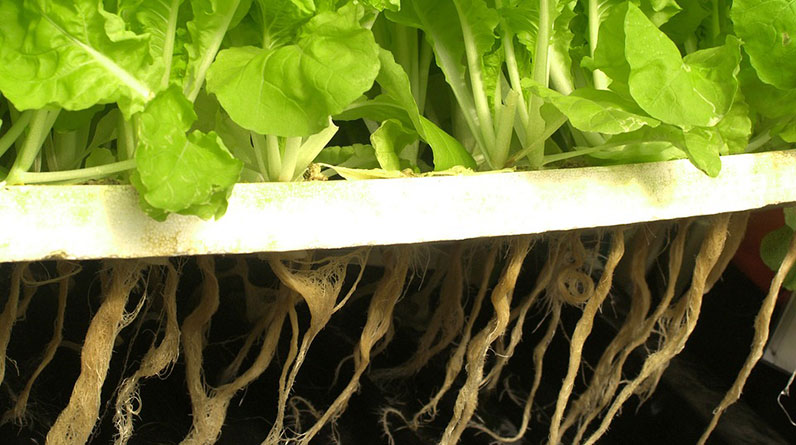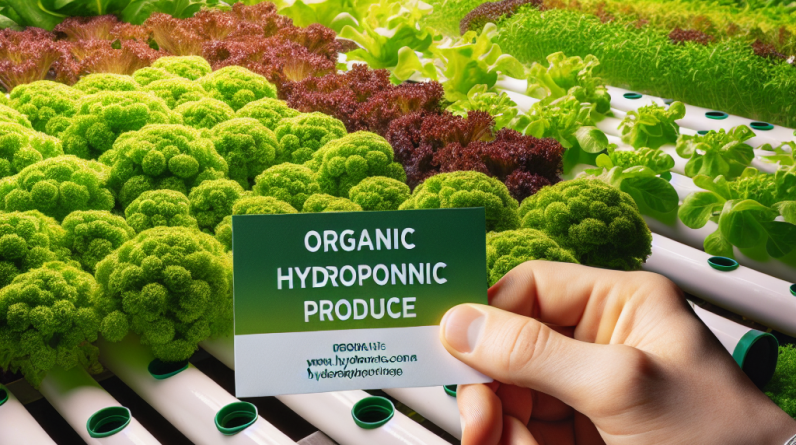
Understand Your Product and Its Benefits
Identify What Makes Hydroponic Crops Unique
When I first started marketing hydroponic crops, I realized that to convince local businesses to buy my products, I had to genuinely understand what made them special. Hydroponic crops are grown without soil and can yield much more produce within a shorter amount of time compared to traditional farming. This gives us the ability to provide fresher, more nutrient-rich vegetables that are also eco-friendly.
Understanding these unique selling points is crucial. I often tell business owners that’s not just about selling veggies, it’s about selling a lifestyle—one that’s sustainable and health-conscious. So, I did my homework, diving into studies that underline the health benefits of hydroponically grown produce.
Once you grasp what sets your product apart, make sure to communicate these benefits clearly with potential clients. Create materials that highlight your crops’ freshness and nutritional advantages—this will definitely catch the eye of any health-conscious restaurant owner.
Know Your Market
Before diving headfirst into marketing, it’s essential to get a lay of the land. I spent a good chunk of time researching local businesses that would benefit from hydroponic crops. This went beyond just identifying restaurants; I looked at local grocery stores, salad bars, and even those trendy meal prep companies sprouting up everywhere.
Understanding their needs allowed me to tailor my pitch. For example, if a particular restaurant prides itself on its farm-to-table concept, I made sure to show them how my agronomy practices align with those values. It became a conversation rather than a sales pitch.
Always be on the lookout for new businesses on the scene that might want to incorporate fresh produce into their offerings. Networking is key, and sometimes the best marketing strategy is simply getting to know your local community better.
Communicate Sustainability
Sustainability is a buzzword these days, and rightly so. I quickly learned that many businesses are keen on reducing their carbon footprint. By marketing my hydroponic crops as a solution to traditional farming’s environmental issues, I began to see more interest.
Whether it’s the reduced use of pesticides, lower water consumption, or the ability to grow locally all year round, sustainability should be front and center in your marketing materials. In my experience, businesses love to align themselves with eco-friendly practices that consumers care about.
Don’t just stop at talking about benefits. Show your customers your commitment to sustainability through certifications, community involvement, and even transparent farming practices. This storytelling approach makes all the difference.
Build Relationships with Local Businesses
Networking Events
When I first ventured into marketing hydroponic crops, one of the best moves was to attend local networking events. Whether it was a farmers’ market or a food expo, I learned that these gatherings provided golden opportunities to meet potential clients face-to-face.
At these events, I didn’t just shove business cards in people’s hands; I took the time to listen. People love to share their stories, so I found myself learning how my hydroponic crops could better serve their specific needs. These connections often blossom into fruitful partnerships.
Heading to local food festivals or farmers’ markets where local chefs and restaurateurs gather not only grows your contact list, but it also gives you a chance to showcase the quality of your crops. There’s nothing like fresh, tangible products to win someone over!
Follow Up Consistently
Building a relationship doesn’t stop after that first meeting. I remember the first few times I didn’t follow up as quickly as I should have; I learned the hard way that potential clients can easily forget you. Make it a habit to reach out within a week of meeting someone.
Send a personalized email thanking them for their time and reiterating points from your conversation. If you mentioned a specific crop they might enjoy, include that detail in your follow-up to show you were paying attention.
Moreover, don’t hesitate to check in every now and then. A simple “Hey, how’s business?” text can keep the relationship warm. I’ve found that when you genuinely care, business tends to follow naturally.
Offer Sample Products
One of my key strategies was to offer free samples of my hydroponic crops. This approach has served me well over the years. There’s just something about getting a taste of fresh lettuce or basil that can turn a yes into a hell yes!
When I delivered samples, I paired them with recipes or serving suggestions to inspire my clients. It’s amazing how a simple dish featuring your produce can spark creativity in a chef or restaurant owner, leading them to think of new menu items they can create.
By educating them about how to use the products, you’re not just selling but also nurturing an interest and understanding. It turns your relationship into a collaborative effort instead of a transactional one.
Leverage Social Media
Showcase Your Crops Visually
Social media is a fantastic tool for marketing, and as a visual person, I love that I can showcase my hydroponic crops beautifully! Pictures of vibrant veggies or lush greens can really grab attention. I found that Instagram was particularly effective for this.
Consider sharing behind-the-scenes processes of growing your crops, from germination to harvest. People love that personal touch, and it helps in building a brand identity that emphasizes care and quality.
Engaging content goes a long way too! I often include fun farming facts or benefits of hydroponic crops to keep my audience informed and interested. Don’t forget to interact with comments—this fosters a community around your brand!
Educate Your Audience
I focus on using social media not just for sales but for education. I often post about the sustainability and health benefits of my crops, but I also like to bust common myths about hydroponic farming.
Consider live Q&A sessions where you address common questions, which can create a real connection with your followers. This way, you’re establishing yourself as a knowledgeable source in the field. When they need produce, they’ll think of you first!
Being genuine in your educational content helps reinforce your reputation and builds trust with potential clients. Brand loyalty often follows from this trust—a win win for everyone!
Utilize Influencer Marketing
When I tapped into influencer marketing, I felt like a whole new world opened up. Collaborating with local food bloggers or chefs who align with my brand was incredibly effective. They already had established audiences that trust their opinions, making their endorsements super powerful.
Having an influencer create a dish using your crops and post it on their social media can broaden your reach exponentially. It’s a great way to show off your products and attract potential new customers who are already interested in farm-fresh, local produce.
But remember to choose influencers whose values align with yours. Authentic partnerships feel genuine and resonate better with their audience. Trust me, that authenticity pays off in the long run!
Continuously Evaluate and Adapt Your Strategies
Gather Feedback
A critical part of marketing is always evaluating what’s working and what’s not. One of the best ways I’ve found to do this is through gathering feedback from my clients. Before I make any changes, I consider their thoughts and suggestions; after all, they’re the ones buying the produce!
Surveys can be beneficial, but so can casual conversations. I often ask my clients what they love about the products or what they feel could be improved. Being open to constructive criticism is vital—you grow from it!
This feedback loop not only improves your products but also strengthens the client relationship. It shows you care about their end experience, helping to keep those lines of communication open.
Monitor Market Trends
The marketing landscape is constantly shifting, especially in the food and agriculture sectors. I’ve made it a habit of staying in the know about emerging trends, be it flavor profiles, health trends, or even local farming regulations. This way, when I see shifts happening, I can adapt my strategy before I feel the impact!
Subscribe to industry newsletters, follow relevant hashtags on social media, and keep talking to your clients to understand what they’re seeing and wanting. These insights can keep your marketing fresh, relevant, and ahead of the game!
Staying proactive rather than reactive can really set you apart as a market leader in the hydroponic farming scene. Positioning yourself as a trendsetter boosts your credibility as well, leading to even more business opportunities.
Refine Your Techniques
Lastly, I can’t stress enough how important it is to continuously refine your marketing techniques. Just because something worked a month ago doesn’t mean it will work today. I’m always testing new marketing ideas and adjusting them based on the feedback I receive and the results I track.
Don’t be afraid to pivot your approach if something isn’t resonating. Whether it’s tweaking your messaging, changing your promotional tactics, or exploring new sales channels, being flexible is key in today’s fast-paced market.
Ultimately, the aim should always be to meet and exceed client expectations. Stay curious, stay adaptable, and you’ll thrive in marketing your hydroponic crops to local businesses!
FAQs
1. What are hydroponic crops?
Hydroponic crops are plants grown without soil, typically in nutrient-rich water. This method allows for faster growth and higher yields, making it an attractive option for local businesses looking for fresh produce.
2. How can I effectively market hydroponic crops?
Start by understanding your product’s benefits, building strong relationships with local businesses, leveraging social media for visibility, and continuously evaluating your marketing strategies based on feedback.
3. Why is sustainability important in marketing hydroponics?
Sustainability resonates with many consumers and businesses today. By highlighting the environmental advantages of hydroponic farming, you can appeal to eco-conscious customers, making your marketing more compelling.
4. How can networking help in marketing hydroponic crops?
Networking helps you connect with potential clients face-to-face, fostering relationships that can lead to business opportunities. It’s a chance to showcase your product and learn about local businesses’ needs.
5. What role does social media play in marketing?
Social media allows you to showcase your products visually, educate your audience, and build a community around your brand. It’s a powerful tool for reaching new customers and engaging with existing ones.


